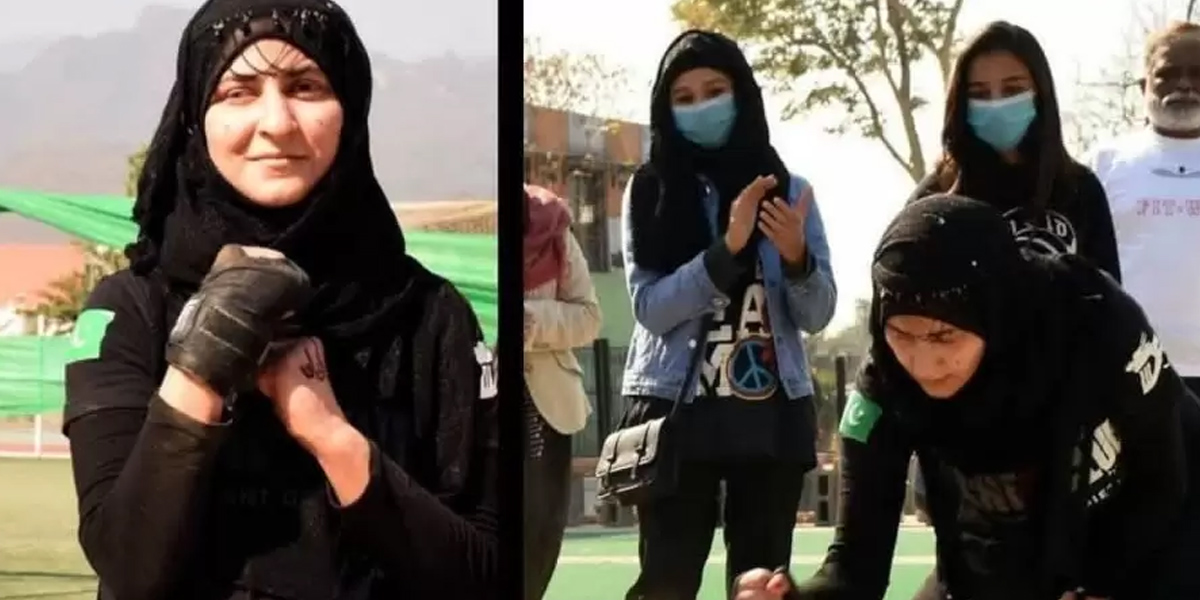It is refreshing to see a surge in the trend of women participation in sports in Pakistan. Last week, a Pakistani athlete Neelofar Shirazi from district Battgaram made a world record by breaking 1000 bricks in mere 27 minutes at the Sports Stadium in Islamabad. Neelofar didn’t only break bricks but also managed to break the cultural barriers and taboos associated with women in our society. Over the last decade, Pakistan has witnessed a heartwarming surge in the number of women athletes who have turned in exceptional performances at the national and international level. This increase doesn’t only show Pakistan’s commitment to attain the SDG 5 i.e., gender equality, but also shows a paradigm shift in Pakistan’s sociocultural setup.

Women in sports are crucial for the prosperity of Pakistan, as sports play a huge role in nation-building by inculcating uplifting qualities like discipline, determination, teamwork and a passion for fitness in the psyche of a nation. Giving representation to women in sports largely helps in portraying a softer image of Pakistan as a women-friendly and gender sensitized country in front of the world. Involving young females in sports helps them in utilizing their strengths in constructive activities rather than wasting their potential in useless traditions.
Moreover, the sports domain has allowed women to discover innovative career and job opportunities that they didn’t know existed, as professions are highly segregated on the basis of gender in Pakistan, so women only got to work in the education or healthcare sector, but now the trend has shifted and women are seen defying all odds and earning good name for the country in the sports sector. This has given the Pakistani women a sense of confidence that they can ace any field of their interest without any restriction. Women have started feeling empowered with this freedom to choose a profession of their own choice. With this empowerment and confidence come distinctions in the field of sports, several Pakistani athletes have made the Country proud internationally.

Additionally, participating in sports helps release pressure and tension in a healthy and controlled way. Physical activities are extremely important to keep a human body and mind active and healthy. Sports don’t only help in improving the thinking, learning, and judgment skills, but also help in reducing the risk of psychological problems like depression and anxiety. On the physical level, it keeps the bones and muscles fit and helps in maintaining a healthy weight. Women involvement in sports is important because it helps them in staying fit, and since in Pakistan women are the ones who breed and rear children and run households, their health is essentially important for a healthier future of the country.
However, many cultural and social barriers continue to hinder women’s participation in sports. The government should encourage females to actively participate and engage in this field by conducting awareness campaigns, making sports an essential component in girls’ schools, giving respect and the due appreciation to sportswomen along with incentivizing sports participation. Such measures won’t only encourage women to be active in the sports sector, but will also help in projecting the image of Pakistani women as strong and competent individuals. Moreover, highlighting and valuing the achievements of our national sportswomen as role models can help in creating a healthy atmosphere in the country where females aspire to pursue sports professionally.

